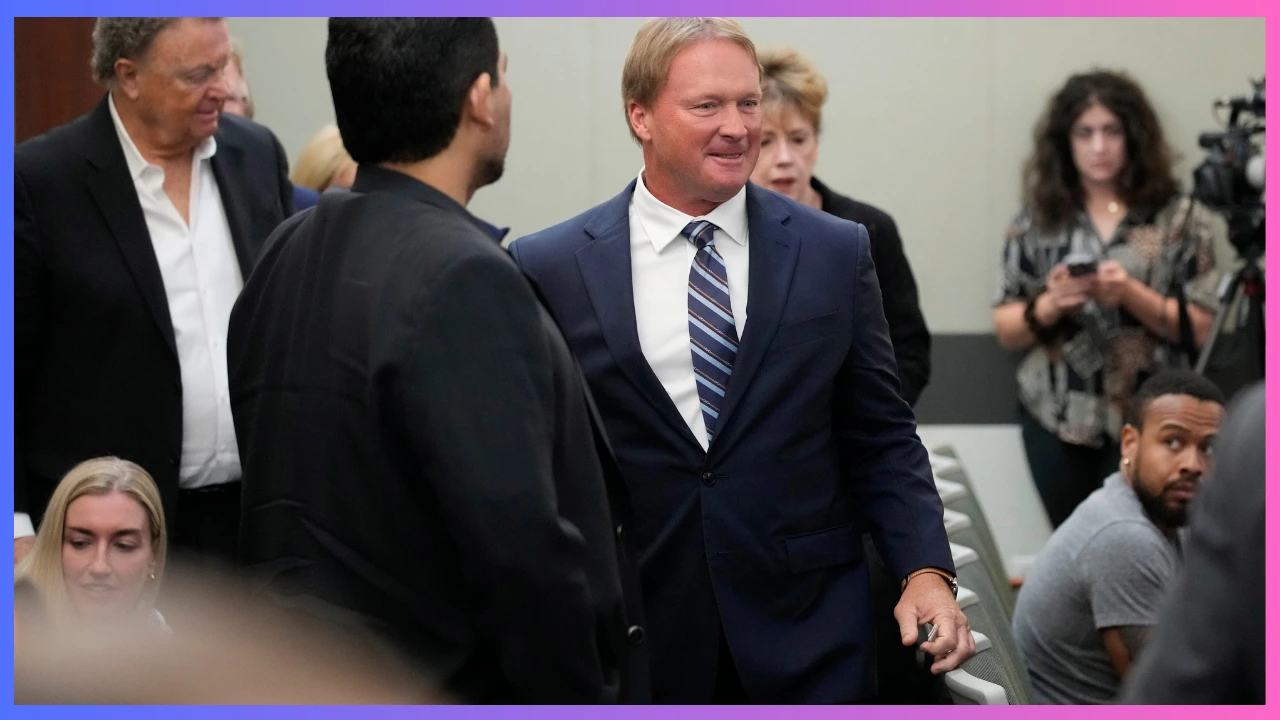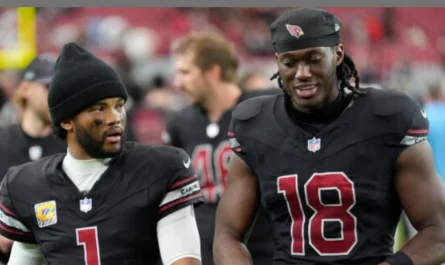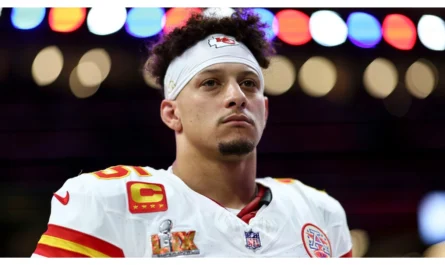The high-stakes legal battle between former Las Vegas Raiders coach Jon Gruden and the National Football League has reached a pivotal juncture. In a significant setback for the league, the Nevada Supreme Court has ruled in favor of Gruden, allowing the Jon Gruden NFL lawsuit to proceed in public court rather than being confined to private arbitration. This ruling marks a major legal victory for the ex-coach, giving him the opportunity to fully present his case and seek accountability from the NFL.
The decision shines a spotlight on the league’s internal practices, forcing it to address serious allegations of a coordinated campaign to damage Gruden’s career. As the Jon Gruden NFL lawsuit moves forward, the outcome could have lasting implications for league governance, arbitration clauses, and the rights of former employees, making this one of the most closely watched cases in sports law.
The Heart of the Legal Fight: Blocking the NFL’s Arbitration Shield
The core of the recent court battle was the NFL’s insistence that the Jon Gruden NFL lawsuit be resolved through the league’s mandatory, confidential arbitration process. The NFL’s internal rules grant Commissioner Roger Goodell final, binding authority over many disputes, a system that effectively shields the league from public scrutiny. However, the Nevada Supreme Court’s majority ruling found this arbitration clause to be “unconscionable,” a damning indictment of the NFL’s internal justice mechanism in the context of the Jon Gruden NFL lawsuit.
Why the Court Ruled the Arbitration Clause “Unconscionable”
The court’s decision hinged on the inherent conflict of interest at the heart of the NFL’s system. The justices noted that the NFL Constitution would allow the Commissioner, Roger Goodell, who is explicitly named as a defendant in the Jon Gruden NFL lawsuit for his alleged role in the email leaks, to arbitrate disputes about his own conduct. This is the very definition of an unfair process. The court firmly stated that allowing the “stronger party to select a biased arbitrator is unconscionable,” thus validating Gruden’s right to pursue his claims in a public forum. This monumental finding allows the public to finally gain insight into the allegations at the core of the Jon Gruden NFL lawsuit.
From Confidential Emails to Public Allegations: The Origin of the Jon Gruden NFL Lawsuit
The entire saga began in October 2021, when Jon Gruden resigned as head coach of the Las Vegas Raiders following the public release of emails he had sent between 2010 and 2018. These emails contained language widely considered racist, misogynistic, and homophobic, and were uncovered during a broader NFL investigation into the workplace culture of the Washington Commanders. While the content of the emails sparked immediate controversy, Gruden’s civil complaint in the Jon Gruden NFL lawsuit does not dispute what was written. Instead, the lawsuit focuses squarely on the circumstances of their disclosure.
Gruden alleges that the NFL and Commissioner Roger Goodell engaged in a deliberate, “malicious and orchestrated campaign” by selectively leaking certain emails from a vast trove of confidential documents to undermine his reputation and force his resignation. Central to the Jon Gruden NFL lawsuit is the question of accountability—whether the league acted in bad faith, abused its authority, and violated Gruden’s rights as a former employee, making this one of the most high-profile legal battles in professional sports history.
A Unanimous Denial: The NFL’s Appeals Run Out of Steam
Following the initial 5-2 ruling in Gruden’s favor, the NFL promptly appealed, requesting a rehearing by the full Nevada Supreme Court. In another major victory for the former coach, the Nevada Supreme Court recently denied this request unanimously, shutting down a critical procedural avenue for the league to avoid a public trial. This 7-0 decision signals the finality of the court’s stance: the Jon Gruden NFL lawsuit can now move closer to the discovery phase in open court. The NFL’s limited remaining option is a long-shot appeal to the Supreme Court of the United States, further highlighting the significance of this ruling in the Jon Gruden NFL lawsuit.
What This Victory Means for Gruden and the NFL
For Jon Gruden, this legal win is a significant step toward achieving his goal: obtaining “full justice” and exposing the league’s alleged actions. His lawsuit seeks substantial monetary damages for the career and endorsement losses suffered after the leaks. Crucially, the public trial in the Jon Gruden NFL lawsuit will not focus on whether his emails were offensive, but whether the NFL acted improperly, and potentially illegally, by deliberately and selectively leaking them.

For the NFL, this ruling is a massive threat. The discovery phase of a public trial could potentially unearth internal documents and communications from the Washington investigation that the league has successfully kept hidden for years, a major concern for the NFL in the face of the Jon Gruden NFL lawsuit.
Beyond Football: The Broader Impact on Sports Law
The implications of this Nevada Supreme Court decision reach far beyond Jon Gruden’s personal career. By invalidating the NFL’s arbitration clause as unconscionable, the court has cracked open the door for other coaches, league employees, and potentially even players to challenge the Commissioner’s absolute authority in certain disputes. This precedent could force a significant reckoning with the league’s historically opaque system of governance and discipline. The outcome of the Jon Gruden NFL lawsuit will be watched closely across all professional sports, as it may reshape the legal landscape for disputes between powerful leagues and their employees, making the Jon Gruden NFL lawsuit a landmark case for employee rights and corporate transparency.
The path is now clear for the Jon Gruden NFL lawsuit to proceed in public, pushing the NFL one step closer to a potentially embarrassing trial. This major legal victory is a testament to Gruden’s persistence and a powerful reminder that even the most formidable corporate entities are subject to the principles of a fair and equitable legal system. The forthcoming discovery process promises to be highly revealing, marking a new, transparent, and legally consequential chapter in the ongoing Jon Gruden NFL lawsuit.



